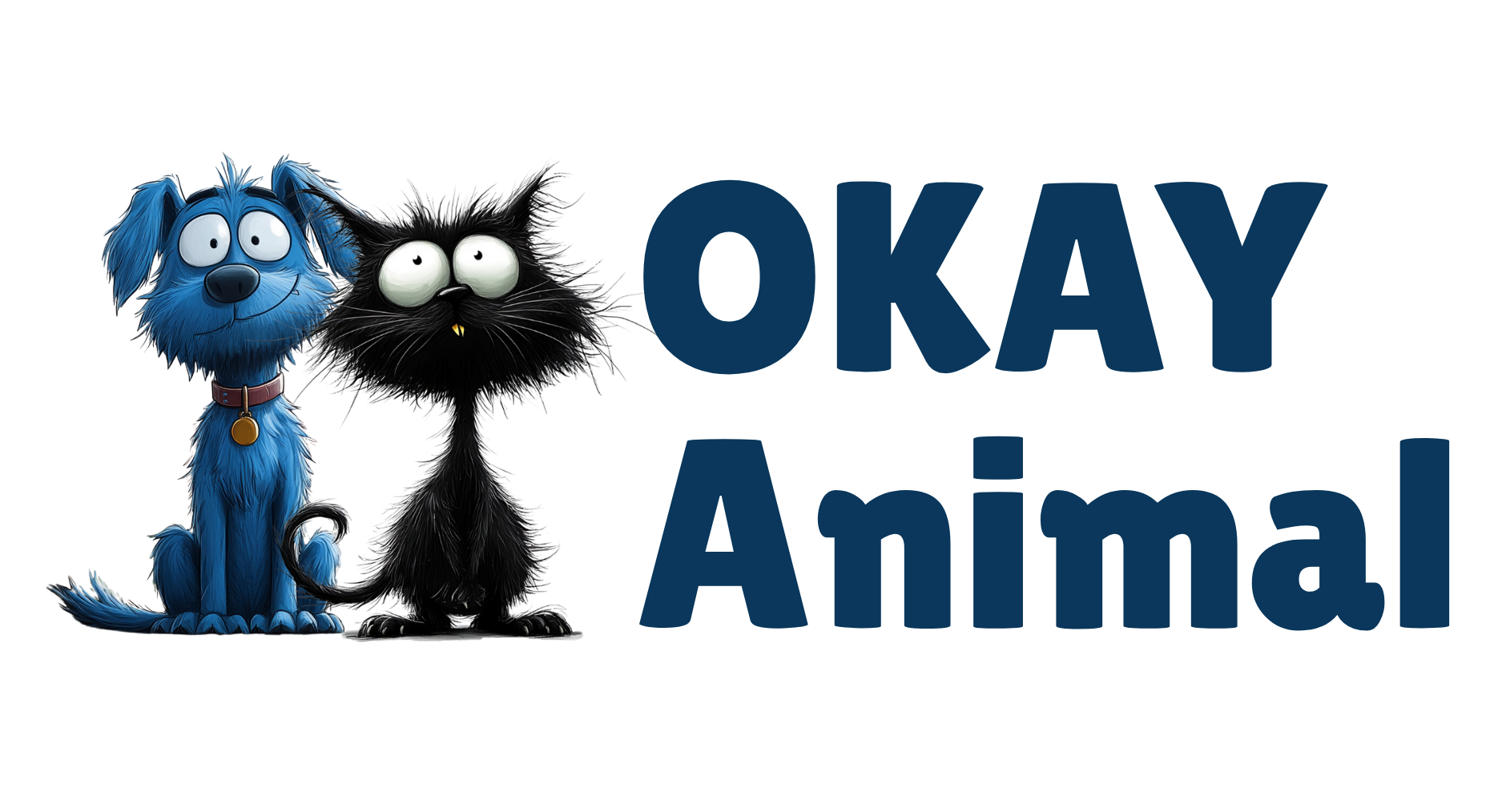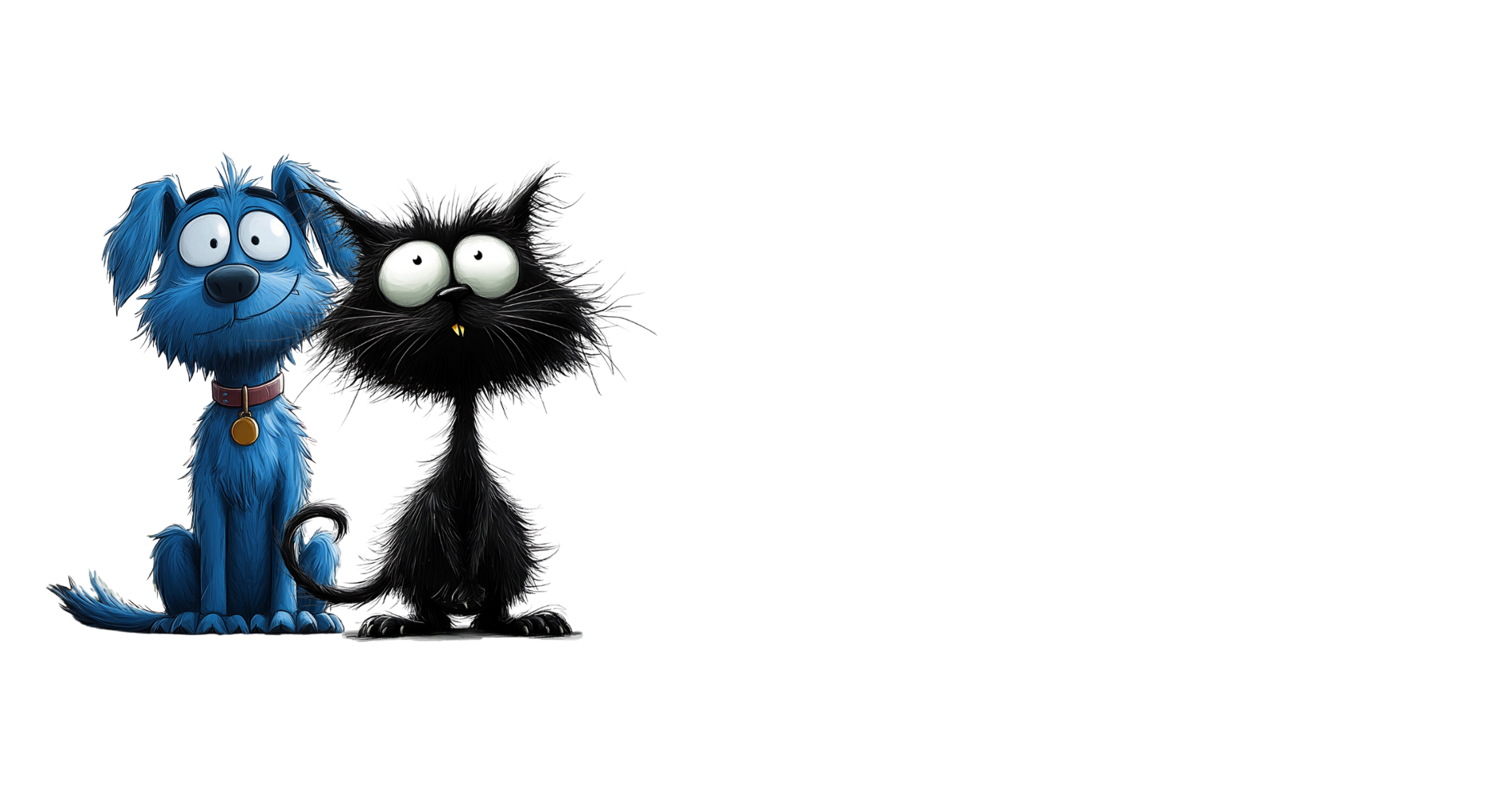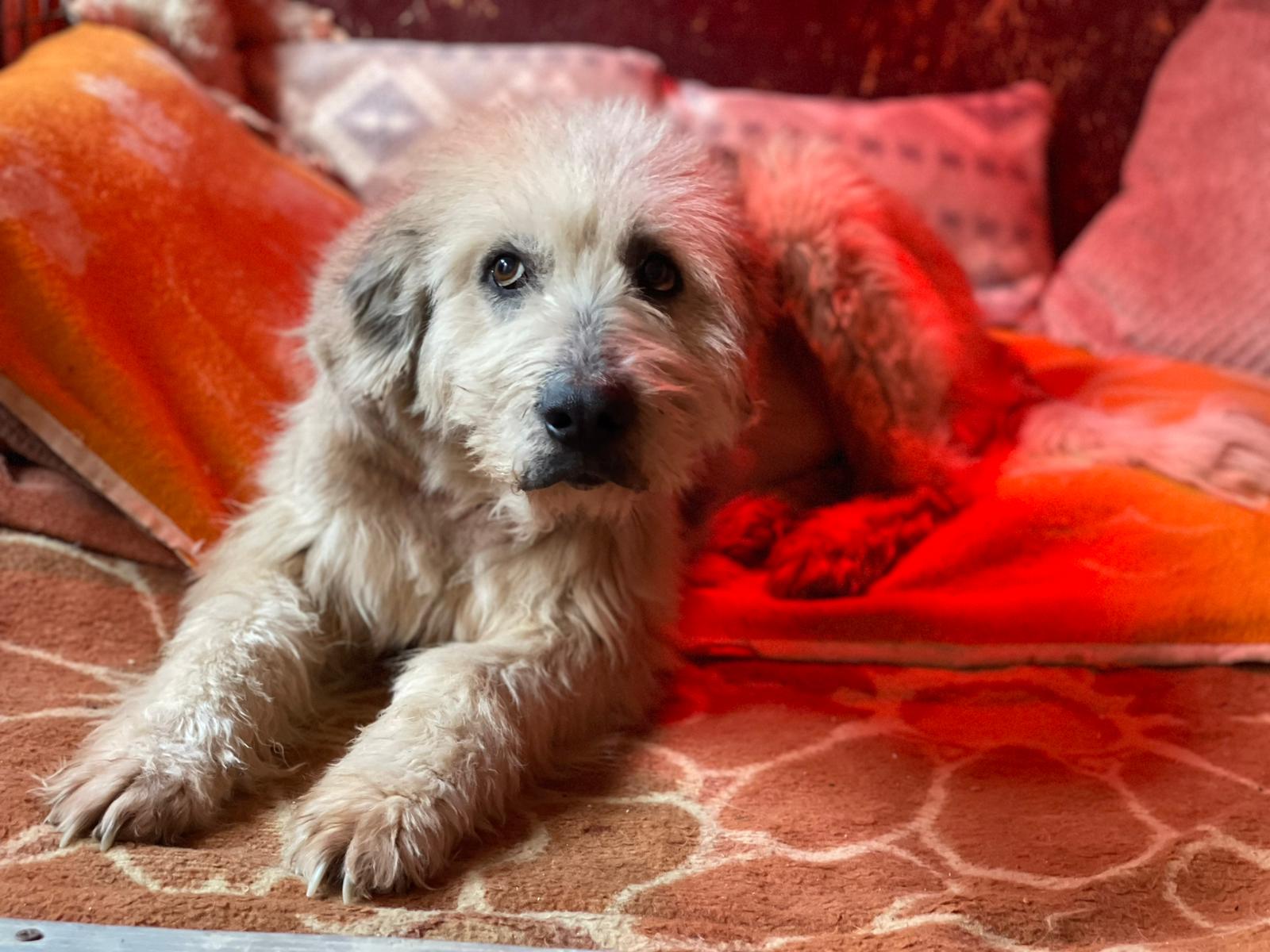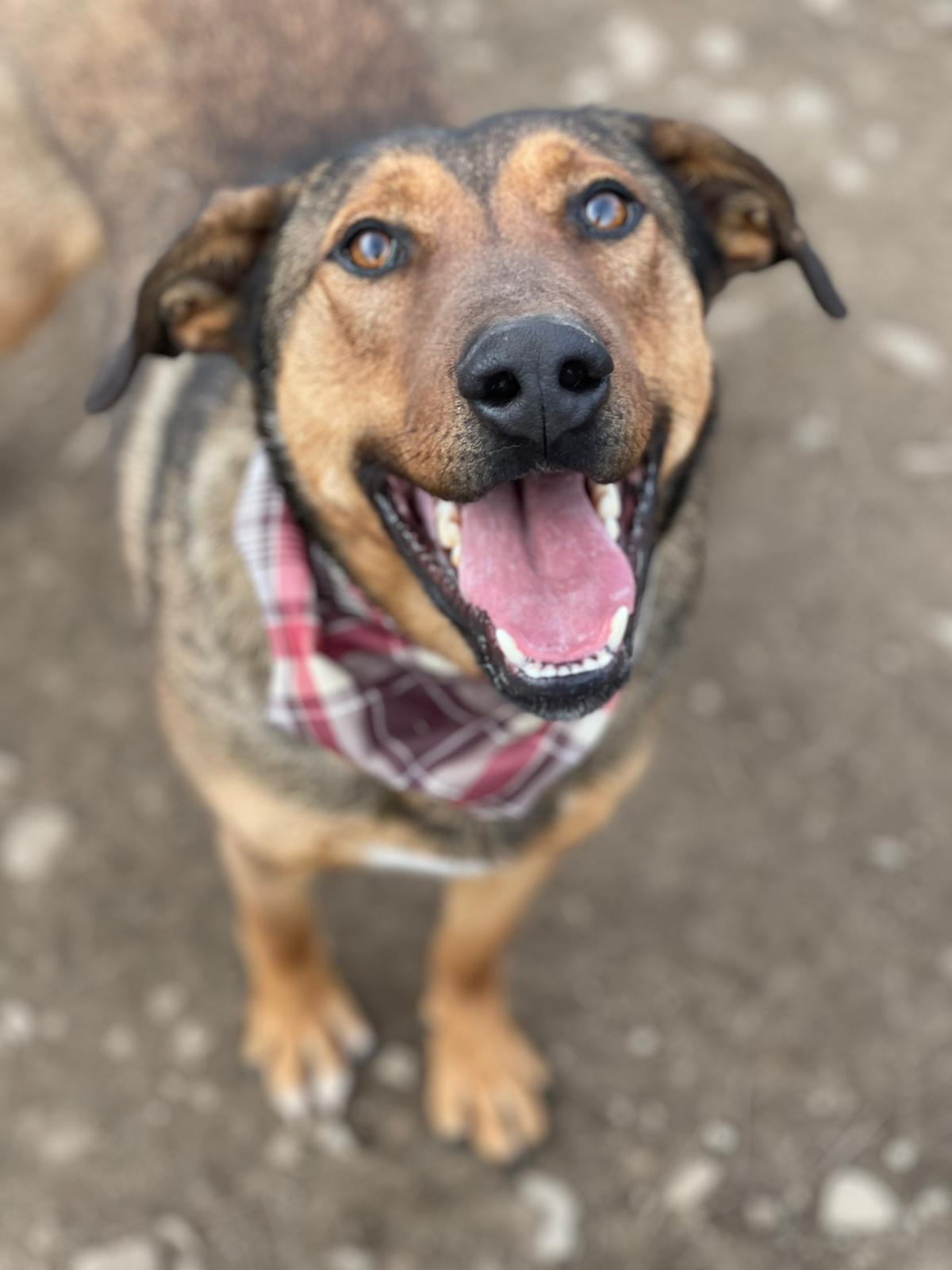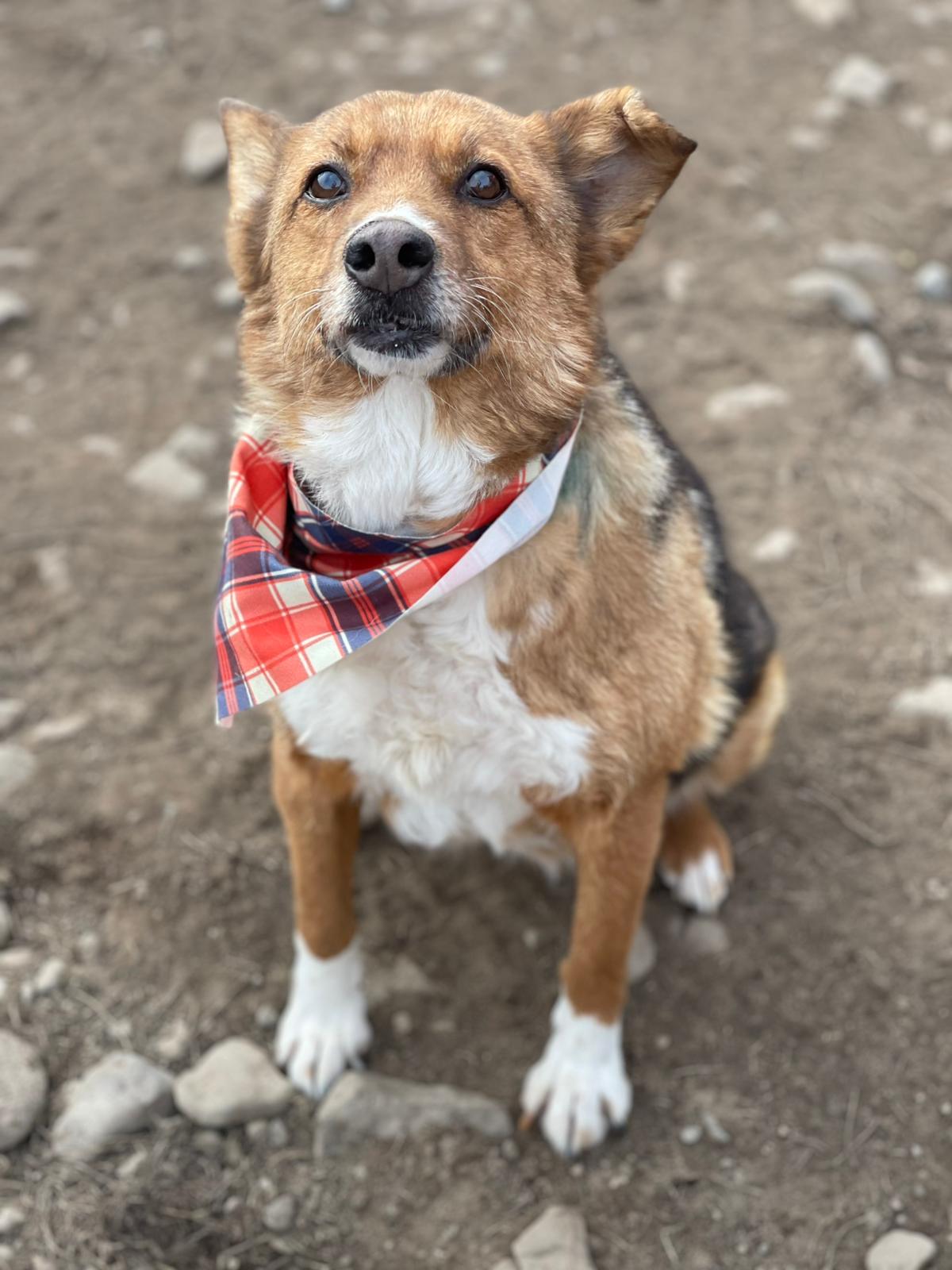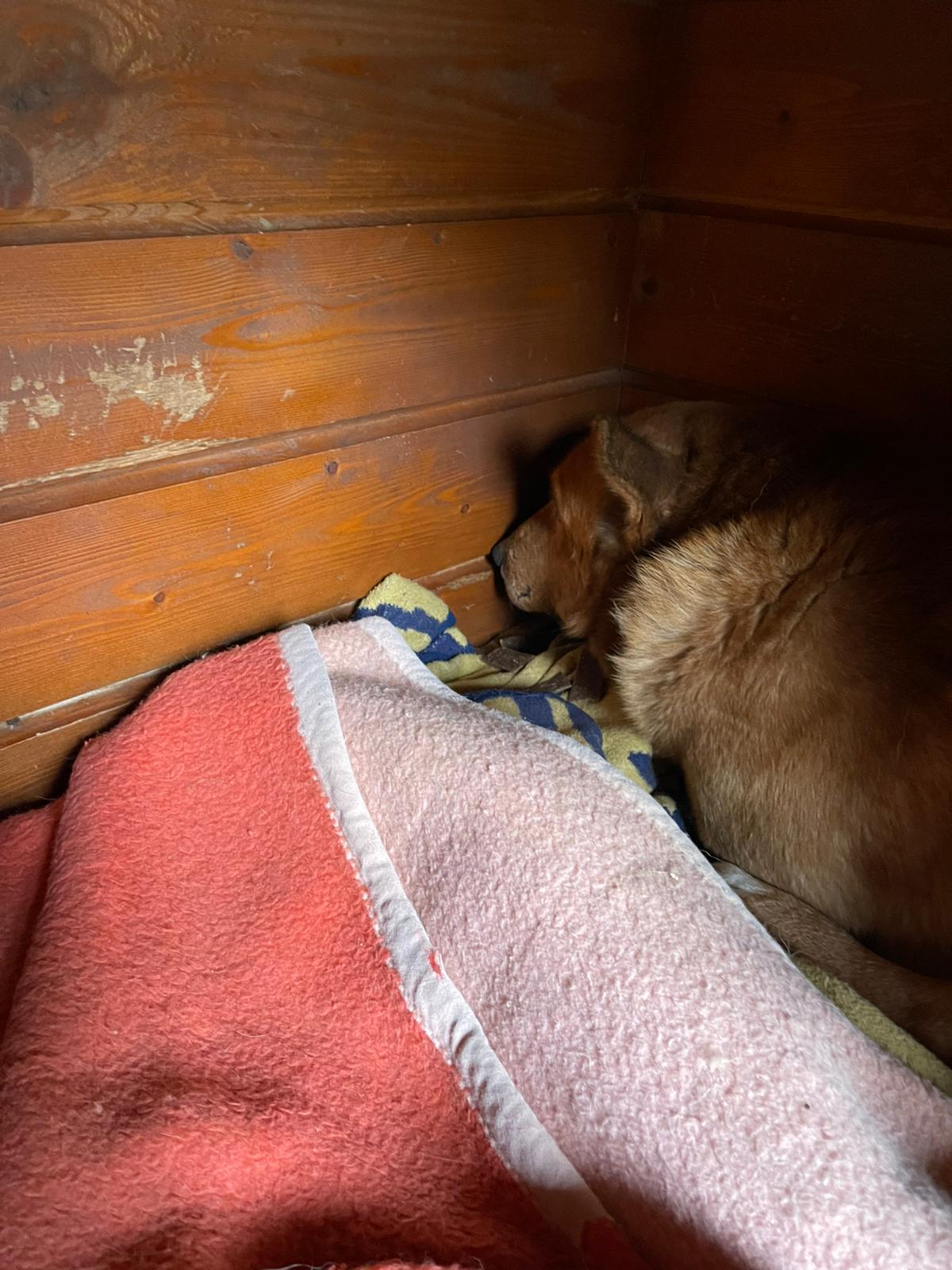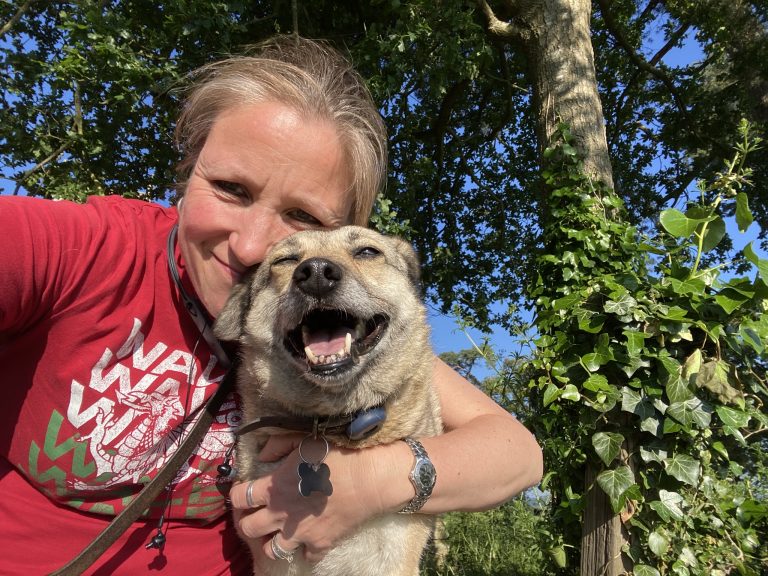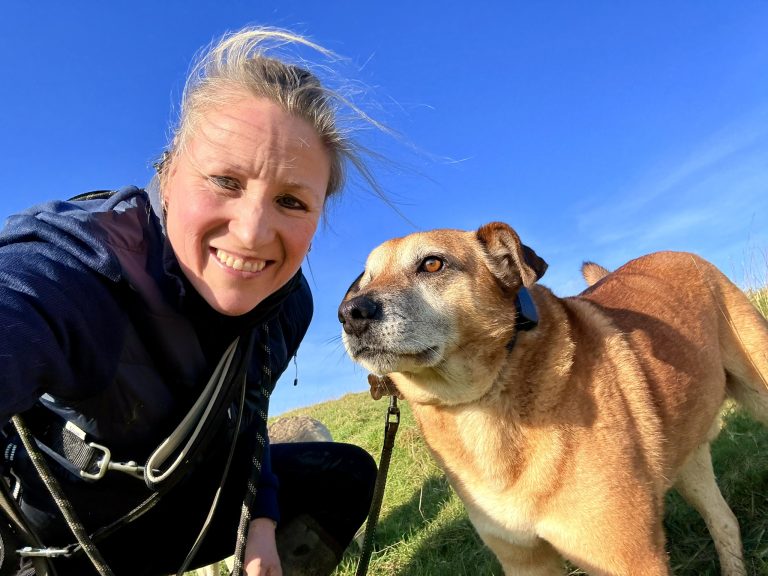Our Blog
From Romania With Love: Daisy’s New Life in Northamptonshire
Meet Daisy — a sweet-natured soul with a heart full of love and a story that proves just how life-changing adoption can be. Daisy was...
April 1, 2025
Taco’s Journey: From the Streets of Romania to a Loving Home in Leicestershire
Taco’s Journey: From the Streets of Romania to a Loving Home in Leicestershire. At Pet Matcher, we believe every dog deserves a second chance —...
April 1, 2025
